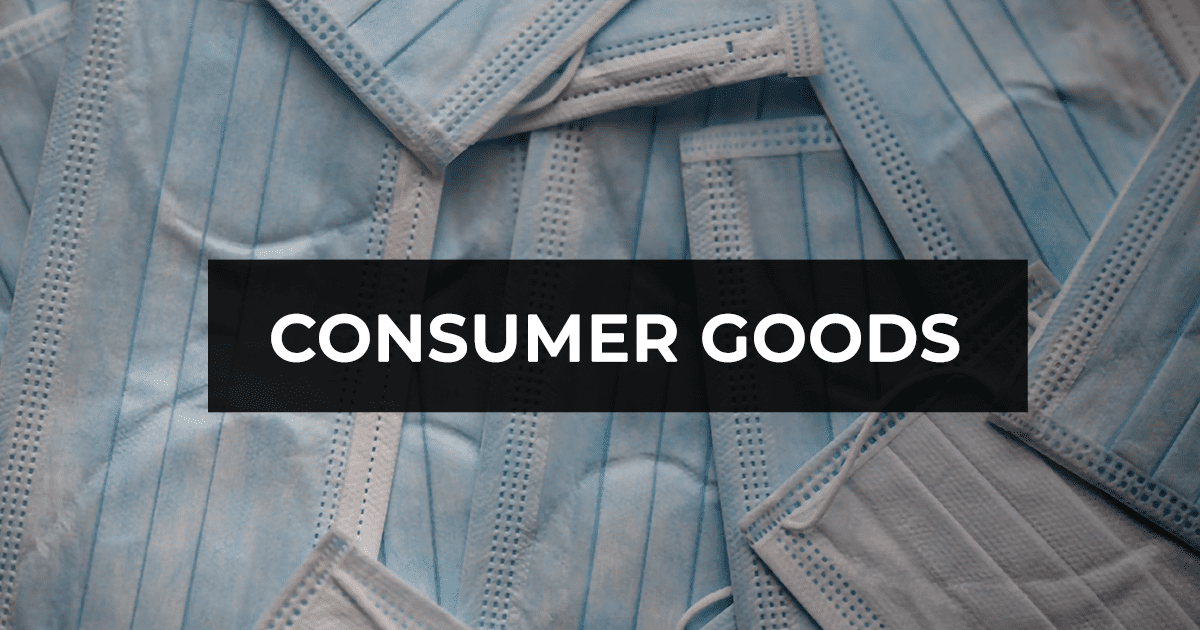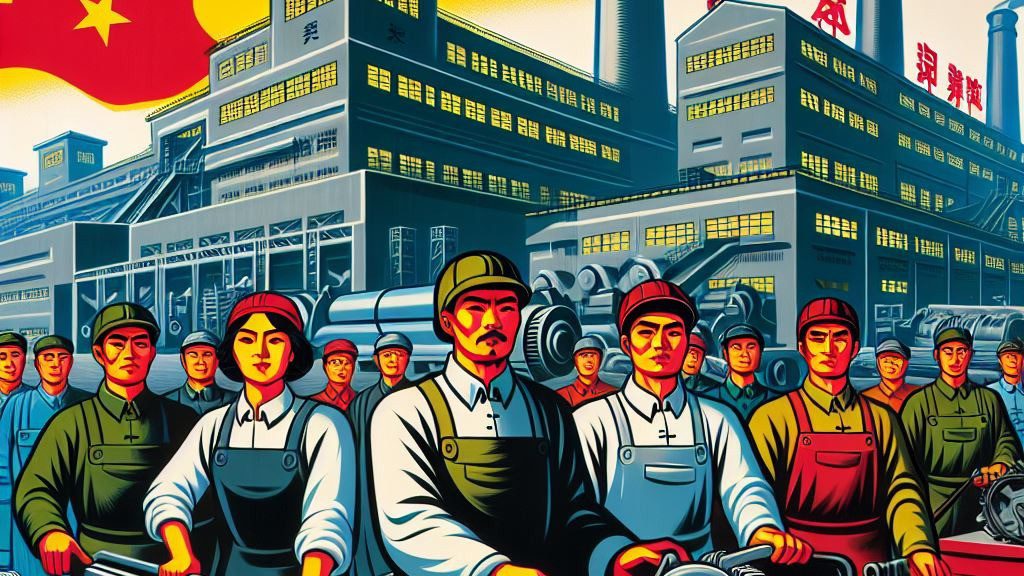Consumer packed goods, popularly known as Fast Moving Consumer Goods (FMCG) are the largest segment of consumer goods, bigger than luxury goods or digital goods. In pre-COVID, consumers purchased FMCGs due to their relatively short shelf lives, low prices, and high consumer demand. However, amidst the pandemic, and in the recovery period that followed, sales for these goods have mixed changes. Some categories have boomed while others have not yet been experiencing the large sales quantities they previously enjoyed.
Take a look at our previous article on Industry Spotlight: China’s Imported Food & Beverage Market
What are the varying effects of COVID-19 on consumer goods? How can businesses strategize depending on the consumers’ current preferences? Keep reading!
Consumer goods with continuous growth
Six months prior to the outbreak, FMCGs, especially imported items, have experienced growth because of an increase in the Chinese middle class’s purchasing power among other growth factors as well. During the recovery period, different categories of FMCGs are experiencing varying effects.
Hygiene products
If there was such a thing as a “social distancing kit”, these would be the first things found in it: sanitizers, rubbing alcohol, wet wipes, and facemasks. These social distancing necessities experienced a boom in sales. During the recovery from COVID-19, products like germ-killing hand wash, disinfectants, and personal wash have been in greater demand.
Food products
Staying indoors due to quarantine measures during COVID-19 control and prevention had given more rise to online deliveries. And as households re-discovered the joys of home-cooking, condiments such as soy-sauce, bullion, spices, and the like experience better sales than years prior. In this regard, cooking became a newfound habit from which avenues for better marketing could be explored.
On the other hand, consumers who needed quick meals at home turned to instant noodles and packed soups, which indicated sales growth in 2020. From a market that prefers the freshest possibly meat and vegetables, Chinese consumers shifted away from fresh meat and fish in the fear that animal products are the root cause of the virus.
Goods with limited impact or spending from consumers
Household staples such as frozen food, packaged water, and cleaning agents are products that can be stocked in bulk for a long time. But for some time at the start of the epidemic, stores and businesses closed down for the extended holidays, rendering sales of these necessities abysmal. However, when online and physical stores opened weeks after, consumers tended to buy these in bulk and therefore putting on hold any additional need for such products.
Increase in online sales
The negative and positive effects in the span of a few weeks altogether offset each other, leading to a lesser impact on the said FMCG categories. Other goods that also fall in this category such as pet food, toilet tissues, and infant milk powder are household necessities but have no additional need for consumers during the epidemic. That is, how much was needed pre-COVID is most probably the same amount consumed even when work-from-home was in place.
The elderly’s shift in purchasing
The boom in online sales should be taken advantage of, especially with the elderly populace experiencing and appreciating the convenience and efficiency of online shopping recently. The authorities discouraged the elderly to leave their homes as they were vulnerable to the virus. A huge percentage of these citizens were the grandparent type who used to trust hard cash and physical stores than go shop and pay online. With their limited choices, they turned to online shopping. Therefore, better product labeling, stocking of more familiar products, and other improvements should be taken into consideration for this age group to enable a better shopping experience.
Sales of consumer goods
V-shaped sales or paused consumption goods
Goods that have initially experienced a substantial decline in sales during the onset of Covid-19, but were very quick to recover include:
- Nutritional supplements;
- Skincare products;
- laundry detergent; and
- yogurt.
Households deemed the above goods unnecessary during the first few weeks of the nationwide lockdowns. Otherwise, they have had these products in full stock in preparation for the annual long-holidays. Nevertheless, sellers and suppliers bounced back almost immediately after a sharp decline in the sales of these products.
Consumption on pre and post CNY
Before the Chinese New Year holidays, many consumers purchased gifts in bulk to give to their loved ones. However, they had to consume these themselves in the weeks before the lockdowns started. Furthermore, they were also unable to have additional purchases for the celebrations, leaving some businesses affected.
Businesses may make up for the losses in February in the upcoming Golden Week holidays. However, the impact of the CNY losses could be incomparable as there is no other biggest holiday season like the CNY.
U-shaped sales or loss of consumption
Sales of products such as shampoo, makeup, Chinese spirits, wine, chocolates, and beer did not easily recover post-COVID. This may be due to the fact that there was a significant shift in people’s mindset. From aesthetic beauty needs, Chinese consumers shifted to a more holistic view of self-care by keeping the body healthy.
Although present and future demands are bleak, it is imperative for businesses to capitalize on the people’s shift in priorities. Thus, businesses could recapture their lost market shares and even gain new ones by focusing more on consumers’ current preferences.
Conclusion
For some businesses, post-COVID recovery was harder. It might be that business models need changing, or products must be marketed better to pull through. Some products had sales that shot up and are not showing any sign of slowing down in the near future. Experienced businessmen who went through previous pandemics like SARS and survived would tell you to ride the hard waves. Those who did not make it will have other opportunities available to them, but those who do make it, will be stronger in their positions. Having the best team supporting you, the right tools for the job would help you achieve that.
Contact us
Starting your own business or relocating to another city can be daunting at first sight. S.J. Grand’s expertise, however, will guide you in the right direction.
Contact us to avail of our special services on business start-up, taxation, and more. Moreover, investing and capitalizing on Cloud-based technology for your company, such as Kwikdroid will help you in managing remotely everything with ease.
If you are interested, go to our Kwikdroid page to request a demo and see the prices and packages we offer.







